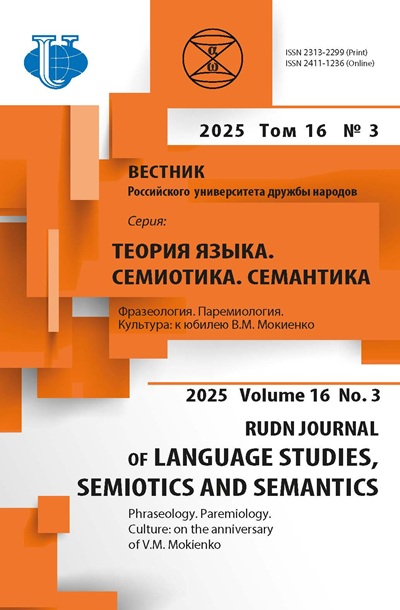Поиск
Выпуск
Название
Авторы
|
Андреева М.И., Солнышкина М.И., Сарра С. |
|
Корнев А.Н., Балчюниене И. |
|
Семенова С.Н., Аксютенкова Л.Г. |
|
Демьянков В.З. |
|
Конурбаев С.М. |
|
Чеснокова О.С. |
|
Болдырев Н.Н., Беляева И.В. |
|
Волков В.В. |
|
Фурс Л.А., Коломлина И.В. |
|
Семенова С.Н. |
|
Каменева В.А., Рабкина Н.В., Жданова С.Ю., Румянцева А.А. |
|
Багдасарян В.Ф. |
|
Тамбовцева К.Д. |
|
Шаламов В.Д., Гладкая Т.Г. |
|
Тамерьян Т.Ю., Теркулов В.И. |
|
Тарасов Е.Ф. |
|
Новикова М.Г. |
|
Гусаров Д.А., Гусарова Н.С., Семенов А.Л. |
|
Есакова Е.В., Петрова Г.Г. |
|
Алёшин А.С., Зиновьева Е.И. |
|
Новикова М.Л. |
|
Чернышёв А.Б. |
|
Золотухин Г.Ю. |
|
Романова Т.В., Колчина О.Н. |
|
Тамерьян Т.Ю., Зюбина И.А., Джигкаева А.В. |
|
Какжанова Ф.А. |
|
Тамерьян Т.Ю. |
|
Тамерьян Т.Ю. |
|
Терехова Т.М. |
|
Прохорова Л.П., Потапова Н.В., Завьялова Г.А. |
|
Валентинова О.И., Денисенко В.Н., Рыбаков М.А. |
|
Кокова А.В., Тамерьян Т.Ю. |
|
Преображенский С.Ю., Коновалова Д.Г. |
|
Стрельникова О.Ф. |
|
Осокина Е.А. |
|
Ларионова М.В., Демкина А.В. |
|
Гладко М.А. |
|
Лунькова Л.Н., Павлова М.С. |
|
Карпенко У.А. |
|
Самойлова С.П. |
|
Какзанова Е.М. |
|
Мякшева О.В. |
|
Ларионова М.В., Демкина А.В. |
|
Гулик О.О. |
|
Шевченко Н.М. |
|
Романова Т.В., Колчина О.Н. |
|
Степанова Е.С. |
|
Устинова О.В. |
|
Русенко Т.И. |
|
Орехова Д.В. |
1 - 50 из 50 результатов
Подсказки:
- Ключевые слова чувствительны к регистру
- Английские предлоги и союзы игнорируются
- По умолчанию поиск проводится по всем ключевым словам (агенс AND экспериенцер)
- Используйте OR для поиска того или иного термина, напр. образование OR обучение
- Используйте скобки для создания сложных фраз, напр. архив ((журналов OR конференций) NOT диссертаций)
- Для поиска точной фразы используйте кавычки, напр. "научные исследования"
- Исключайте слово при помощи знака - (дефис) или оператора NOT; напр. конкурс -красоты или же конкурс NOT красоты
- Используйте * в качестве версификатора, напр. научн* охватит слова "научный", "научные" и т.д.









